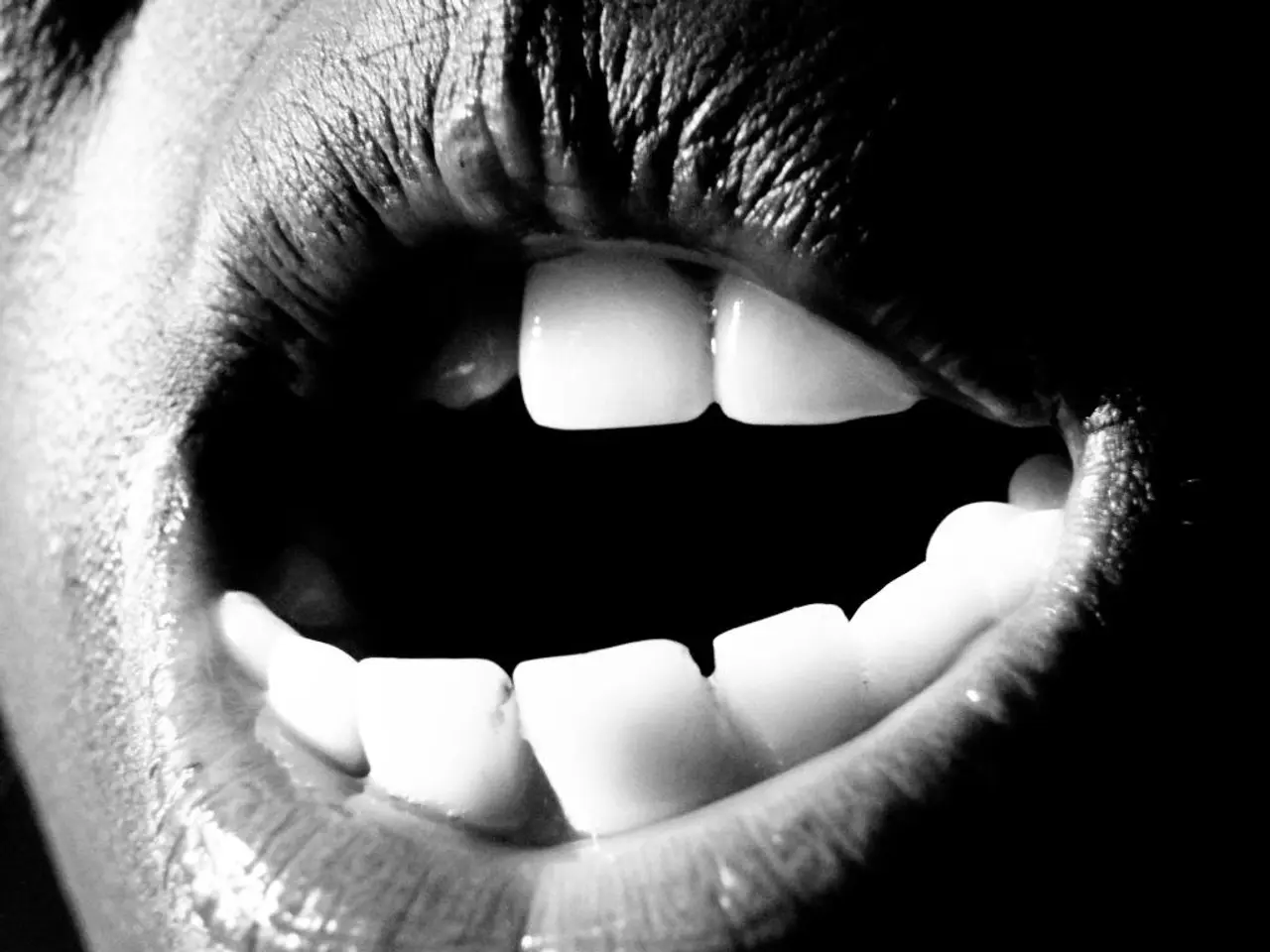Adult pacifier use sparks health concerns among professionals, generating a viral trend in Dubai
In a surprising twist, a viral trend has emerged, with adults turning to pacifiers as a means to manage stress, anxiety, and even tackle issues like ADHD and smoking cessation. Originating in China and South Korea, this trend has gained traction globally, raising concerns among healthcare professionals regarding its psychological and dental implications.
Psychological Implications
This behaviour, often seen as a form of regression, involves adults reverting to childlike coping mechanisms, such as pacifier use, to alleviate stress or emotional overload. While this practice offers temporary comfort and a sense of safety, it can hinder the process of confronting and resolving underlying psychological issues through more effective strategies like therapy.
Dental Risks
Prolonged pacifier use among adults poses several dental risks. These include misalignment of teeth, jaw strain and gum irritation, speech and swallowing issues, and even choking or suffocation risks. The tongue thrust associated with pacifier use can affect speech clarity and promote an infant-like swallowing pattern, which is difficult to reverse in adults.
Addressing the Issue
While adult pacifier use may offer temporary relief, it is not a sustainable strategy for managing psychological issues and can lead to significant dental complications. It is crucial for individuals to seek healthier coping mechanisms and professional help for underlying conditions.
If a person feels a sense of panic, emotional dysregulation, hides their use out of shame, avoids social situations where pacifier use would be questioned, or relies on it to suppress emotional discomfort, it may be concerning and could indicate a psychological defense mechanism.
Seeking Professional Help
Seeing a dentist or orthodontist early if these issues arise is imperative to prevent permanent changes. Warning signs for potential problems with prolonged pacifier use in adults include bite changes, speech differences, or tongue pushing between teeth.
The trend of adult pacifier use has attracted attention in various parts of the world, including Bahrain, where it was called a "breach of public morals." Dubai experts suggest that the habit may point to deeper psychological struggles.
S.L., a Dubai resident, found the habit helpful for managing stress in a high-pressure corporate job. However, she chose to keep her use of a pacifier private due to the strong negative reactions from friends.
In conclusion, while adult pacifier use may provide temporary relief, it is not a sustainable solution for managing stress or psychological issues. It is essential to seek healthier coping mechanisms and professional help for underlying conditions to avoid potential dental and psychological complications.
- The behavior of adults using pacifiers as a method to manage stress and mental health issues, such as ADHD and anxiety, can be considered a form of regression, where individuals revert to childlike coping mechanisms.
- Prolonged pacifier use among adults can result in several dental risks, including misalignment of teeth, jaw strain, gum irritation, speech and swallowing issues, and even choking or suffocation risks.
- To address the issue, individuals should look for healthier coping mechanisms and professional help for underlying conditions instead of relying on pacifiers, because it is not a sustainable strategy for managing psychological issues and can lead to significant dental complications.
- If a person hides their pacifier use out of shame, avoids social situations where its use would be questioned, or relies on it to suppress emotional discomfort, it may be a sign of deeper psychological struggles. In such cases, seeking professional help is essential.




